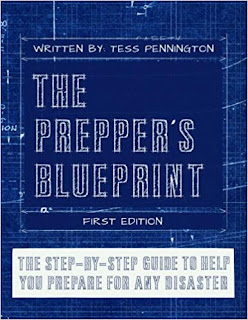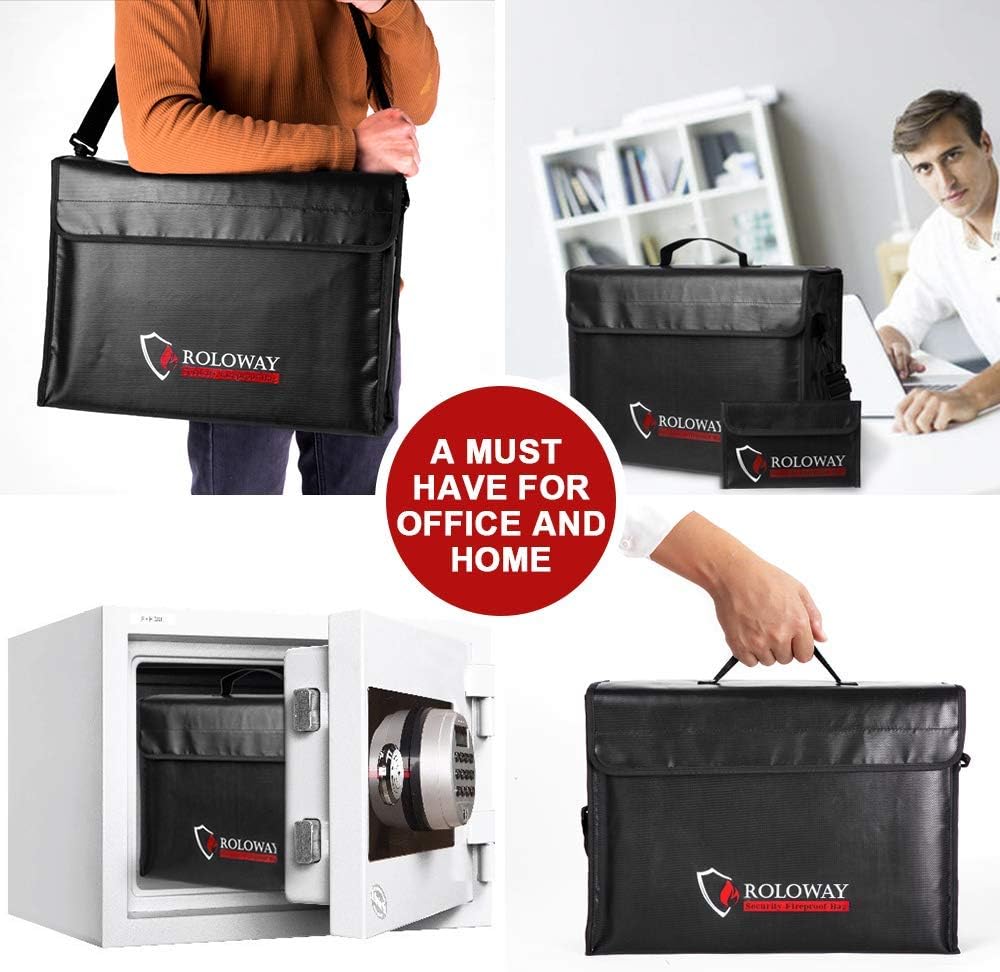By Timothy Gamble
One of the primary strategies of preppers and survivalists is to store food, water, and other supplies that may be needed during any future emergencies. Having food storage and other supplies stockpiled will allow some measure of protection against future inflation and shortages, which may happen suddenly or without warning as we saw during the early stages of the current pandemic. It will also eliminate the necessity of taking many trips to the store during dangerous times which may arise due to pandemics or civil unrest. Stockpiling food is a good idea, but it raises the question of how long food can be safely stored. There is a lot of conflicting and confusing information on food storage out there. Here is what you need to know.
How long can food be stored?
The quick, easy, and honest answer is: Food is safe to eat until it goes bad. The "best by" or "expiration" date doesn't really matter. If the food hasn't gone bad, it is safe to eat even after that date. If the food has gone bad, it isn't safe to eat even if it hasn't yet reached the date printed on it.
In fact, most foods you will buy at the store don't actually have expiration dates. In most cases they have best by dates. A best buy date is about the freshness of the item, not about safety. A best buy date is the company's estimate for how long the item will be at its freshest and tastiest. It is not an estimate of when it will go bad. Most foods, properly stored, will be safe to eat long after they have passed their best by date. Some foods may lose some of their nutritional value over time, but they will still be edible and provide calories and some nutrients for years to come, as long as they haven't gone bad.
How do you know when food goes bad?
There are legitimate safety concerns with long term food storage. You do not want to eat spoiled food, even if it has not yet reached its expected storage life span. How can you tell if food has gone bad? It is about common sense and awareness. Here are some clues to when food has gone bad:
- The can, bag, or container is leaking, cracked, bulging, or severely dented.
- The can has a noticeable amount of rust (may have small holes allowing germs to enter).
- There are signs of insects or mold.
- The food is badly discolored or "smells funny".
- The texture of the food is wrong.
- The food tastes bad, wrong, or odd.
- Salt
- White Sugar
- Brown Sugar*
- Vinegar (white or apple-cider)
- Honey
- Maple Syrup (unopened)
- Corn Starch
- Unpopped Popcorn (not the microwave kind)
- Dried Beans, Peas, and Lentils
- Vanilla Extract (real, not artificial)
- Soy Sauce (unopened)
- Powdered Jell-O
- Plain Liquors (whiskey, rum, vodka, etc.)
Stored properly, these foods potentially last 10+ years:
- White Rice (stored airtight, potentially 25+ years)
- Brown Rice*
- Instant Coffee
- Powdered Milk
- Canned Fruits
- Canned Beans, Peas, Lentils
- Canned Vegetables
- Canned Mushrooms
- Dry Grains
- Molasses
- Canned Soups and Stews (except for tomato-based)
- Canned Chicken or Beef Broth
- Canned Ham, Spam*, Chicken, Turkey and other meats
- Canned Tuna, Salmon, Mackerel, and other fish
- Jars of Pickles
- Tabasco and other pepper sauces
- Most Spices, Herbs, and Extracts (see my article on shelf life of spices for details)
- Tomato-based Canned Soups, Chilis, Stews
- Bullion Cubes
- Dried Pastas (including Ramen Noodles*)
- Oatmeal (in the cardboard box. Transfer into airtight containers to increase shelf-life to 5 to 10 years.)
- Cornmeal
- White, Refined, or All-Purpose Flour
- Pancake / Waffle Mix
- Dry Cereal
- Instant Potatoes
- Oils (unopened)
- Dark Chocolate
- Tomato Sauce and Paste
- Salsa
- Jams and Jellies
- Mustard
- Ketchup
- Bar-b-que Sauce
- Lemon and Lime Juice (unopened on a shelf, once open you must refrigerate)
- Pop Tarts (in the sealed package)
- Peanuts (can or jar)
- Shelled Pecans, Walnuts, Almonds in airtight packaging
- Teas
- Coffee
- Raisins and other dried fruits
- Salad Dressings (unopened)
- Mayonnaise (unopened)
- Peanut Butter
Preppers love baking soda because it seems to have a thousand and one uses in addition to baking. The good news is that baking soda is incredibly shelf-stable and should last pretty much forever for those 1001 uses. However, baking soda loses it potency for baking after about two years. So, the baking soda you are storing for baking should be rotated every two years or less.
-------------------
The Prepper's Blueprint: The Step-By-Step Guide To Help You Through Any Disaster - Chapters 1-14: everyday disasters that have shorter-term effects: power outages, storms, injuries, and evacuations; Chapters 15-31: disasters that turn out to be much longer-lasting: economic collapse, long term power outages, and pandemics, to name a few; Chapters 32-56: the end of the world as we know it: providing food and water once supplies run out, security, retreat properties, and long-term plans.




